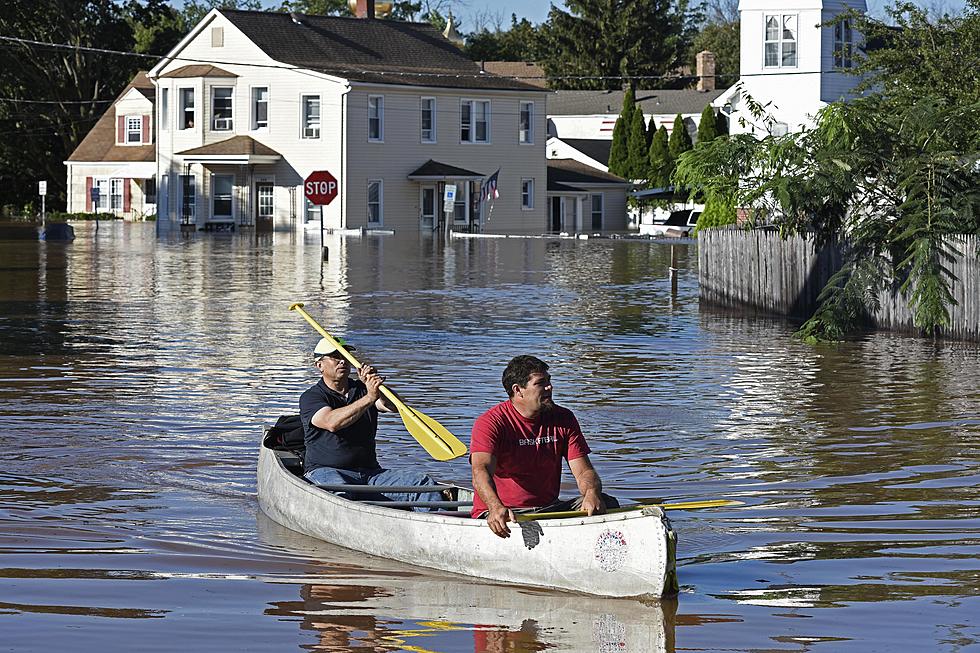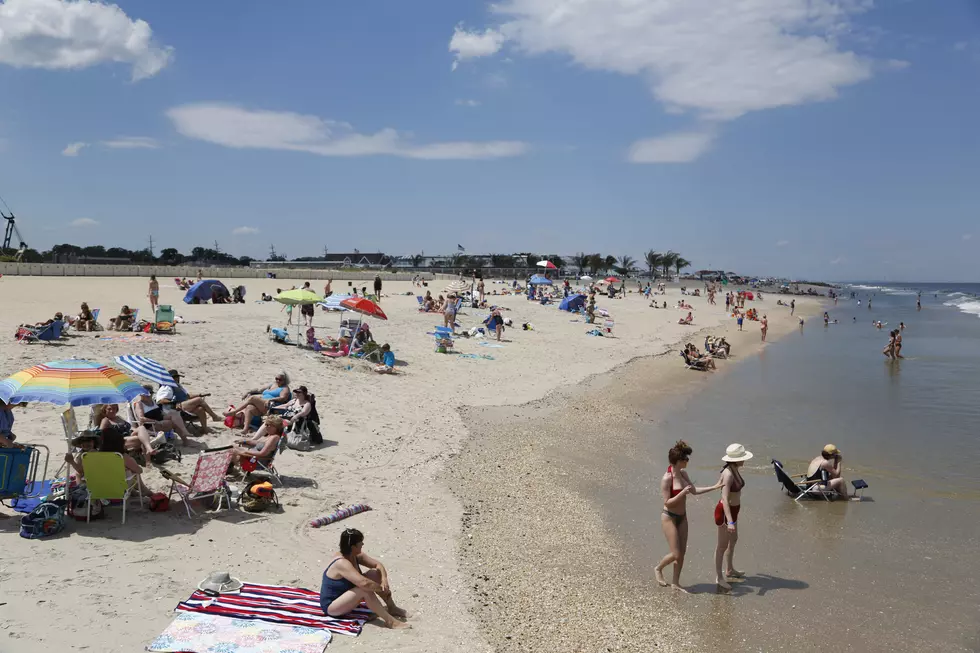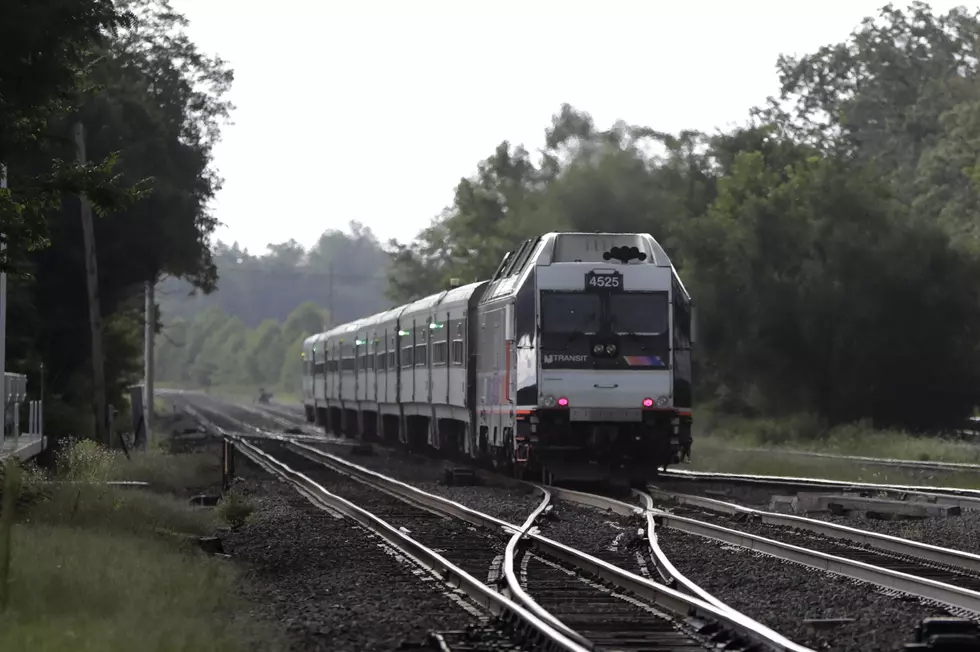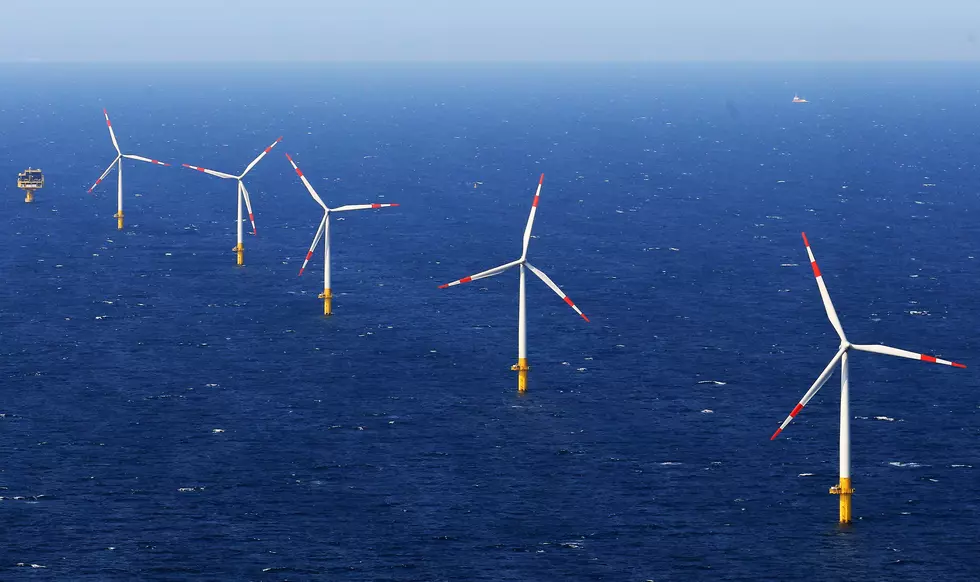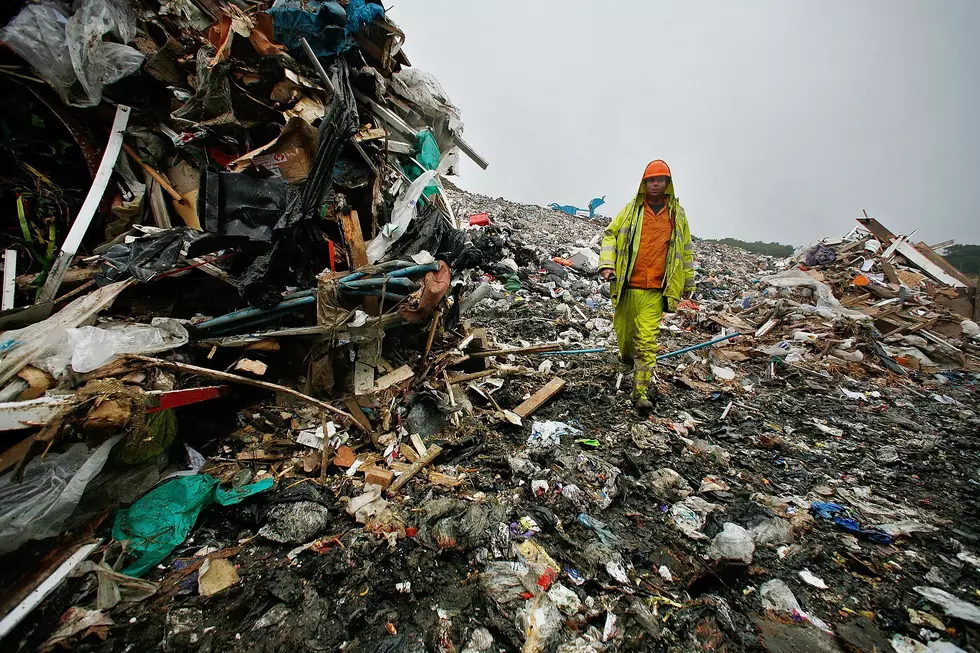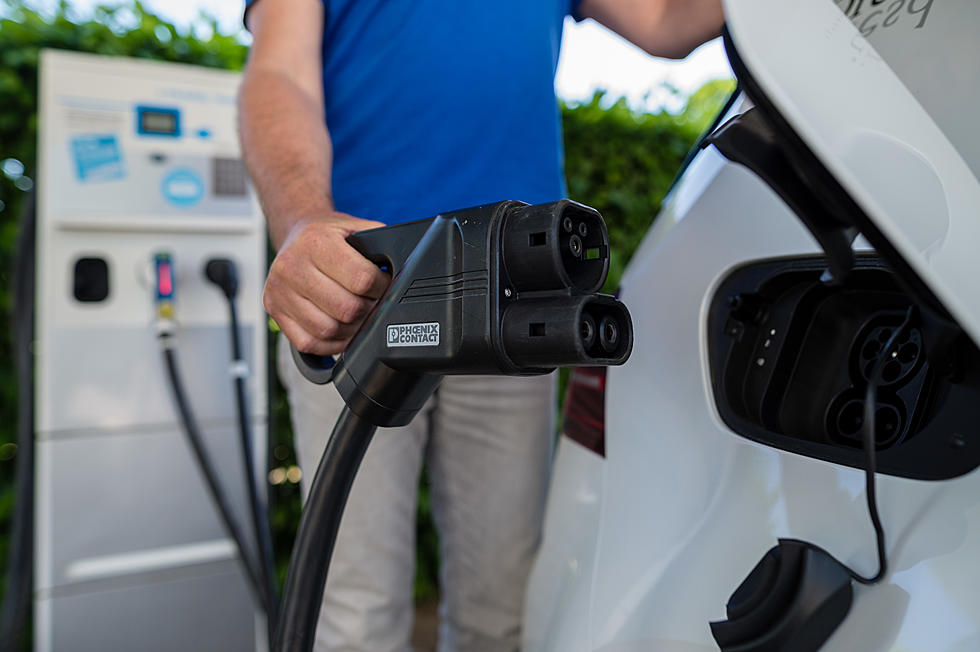
Gains for electric cars, loss in banning plastics — NJ green activism looks to ’20
At the beginning of the week, as the state Legislature closed out its lame duck session, environmentalists celebrated some victories, but also had some setbacks.
Doug O’Malley, director of Environment New Jersey, said the biggest win was the adoption of a measure that calls for building more electric vehicle-charging stations.
“It’s going to help to create a network of high-speed chargers around the state. Right now in New Jersey, there are electric vehicles on the road but there are not enough places to plug in.”
He said the legislation, if signed by Gov. Phil Murphy, will also create “the strongest rebate program for electric vehicles in the nation, with up to $5,000 going off the sticker price on the dealer's lot if you go electric.”
He pointed out the measure also puts NJ Transit on a path “to electrify all of its bus purchases over the course of the next decade, with every bus purchased by 2032 being electric.”
O’Malley said this puts New Jersey at the front of the pack when it comes to fighting climate change and reducing air pollution from cars and trucks.
He noted said another pro-environment legislative package that was passed will provide $230 million for open space projects, including purchasing land, preserving farmland and improving recreational areas that already exist.
“Obviously more dollars for open space is always good news," he said.
However, he also said it’s still important to allocate additional funding for state park repairs because they are such a valuable resource.
He noted the biggest disappointment was that the Assembly did not pass a ban on single-use plastic bags and other plastic products.
“This has become a real movement in New Jersey," he said. "We started with only a handful of towns along the Jersey Shore that were working to ban single-use plastics and now we have a multitude of communities all around the state, including some of our largest cities like Jersey City and Trenton.”
He said this is part of an effort to change the culture and the mindset when it comes to using this material.
“Everything we throw away goes somewhere — and plastic bags don’t just disappear: they end up not just in our communities, not just blowing around in our parks and in our streets, they end up in our waterways and in our water systems.”
O’Malley said some plastic material breaks down and can get into the water system.
“Unfortunately, the plastics that are most concerning are the plastics that are ending up literally in our bodies. So this is an environmental issue but it’s also a public health issue.”

He said there is optimism the plastic ban bill can be passed in the Assembly early this year.
Another disappointment was the failure of the Assembly to approve a measure that would have prevented part of Liberty State Park from being developed by a private entity.
About 5 million people visit Liberty State Park every year.
“Places like Liberty State Park are an oasis for everybody. Looking at Lady Liberty should not be a right that you preserve for just the 1%” he said. “Development of part of the park by the Liberty National Golf Course is an awful idea. The park is a public good that belongs to all of us.”
You can contact reporter David Matthau at David.Matthau@townsquaremedia.com
Also on New Jersey 101.5:
More From New Jersey 101.5 FM

